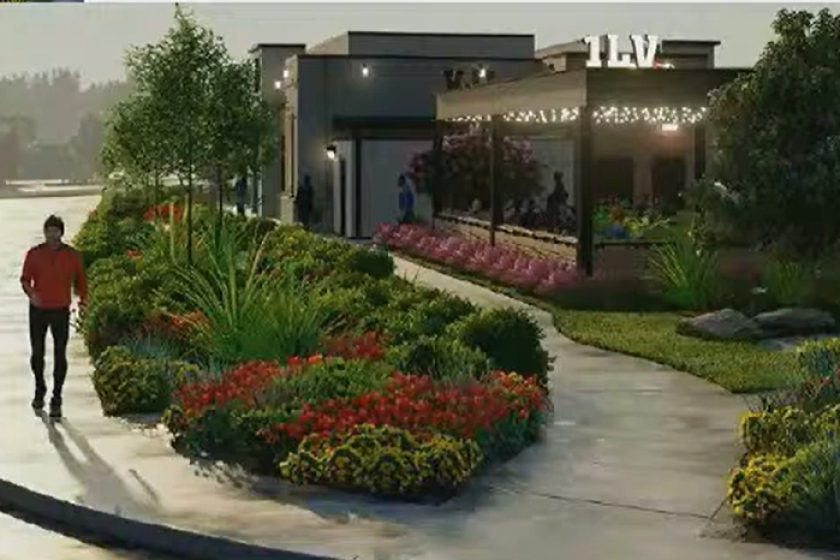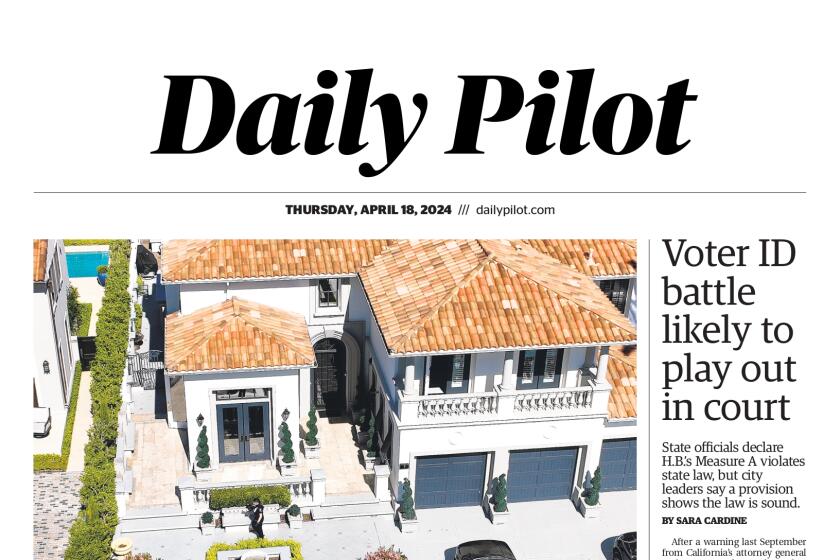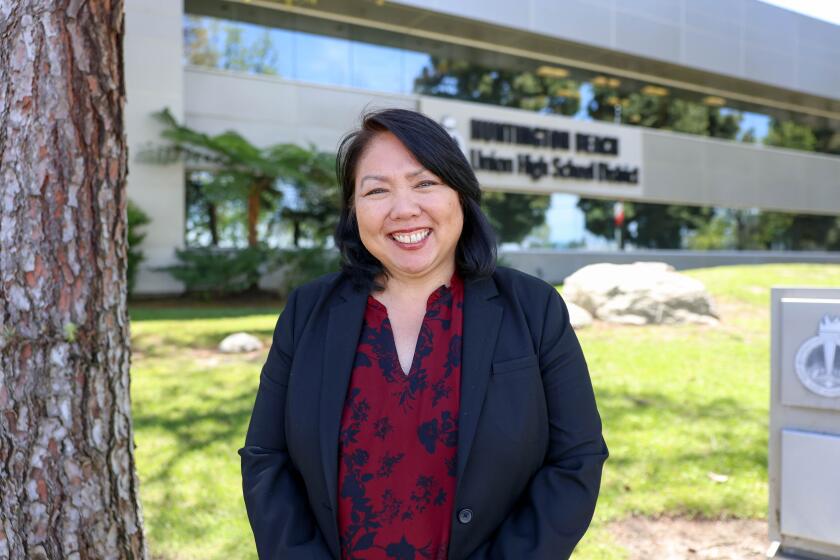Excitement in bloom
The Huntington Beach Community Garden will officially bloom Saturday, as the city plans to celebrate the long-awaited project with a ribbon-cutting.
The ceremony is scheduled for 1 p.m. at 10134 Atlanta Ave. City Councilman Devin Dwyer and other city leaders, as well as Father Christian Mondor from Sts. Simon & Jude Catholic Church, are expected to attend.
David Baronfeld, the president of the nonprofit garden, said in addition to beautifying Surf City, the project would have culinary benefits.
“If you really wanted to taste something that was grown the way it was intended to be grown, not for mass production for thousands of people and millions of people, but the way your grandma used to do it, then grow it in the garden,” he said. “That’s what this is all about.”
The organic garden features 115 plots, which gardeners can rent for $100 a year each. Right now all the spots are rented, but the organizers are taking sign-ups in case some people drop out, Baronfeld said.
The council unanimously approved a five-year lease agreement with Southern California Edison for the Atlanta Avenue location in November.
The city will pay for the land southeast of Atlanta and Brookhurst Street and adjacent to the Santa Ana River for $600 a year, using money from the Park Acquisition and Development Fund. The community garden’s overseers will pay for water and other operating costs, as well as any site improvements.
Community gardens, Baronfeld said, have grown in popularity in Southern California as supermarket prices have risen. He noted that the gardens come particularly in handy for apartment dwellers who don’t have the land to grow their own produce.
Dwyer, a longtime advocate for the project, said he plans for push for a second garden at Irby Park. One benefit of the program, he said, is that gardeners will donate excess crops to Second Harvest Food Bank, the Someone Cares Soup Kitchen in Costa Mesa and other charities.
“I’ve kind of coined a little phrase, ‘weeds for needs,’” Dwyer said. “I like the idea that they’re going to be producing food and the excess is going to go to feeding the homeless and other community organizations.”
All the latest on Orange County from Orange County.
Get our free TimesOC newsletter.
You may occasionally receive promotional content from the Daily Pilot.



